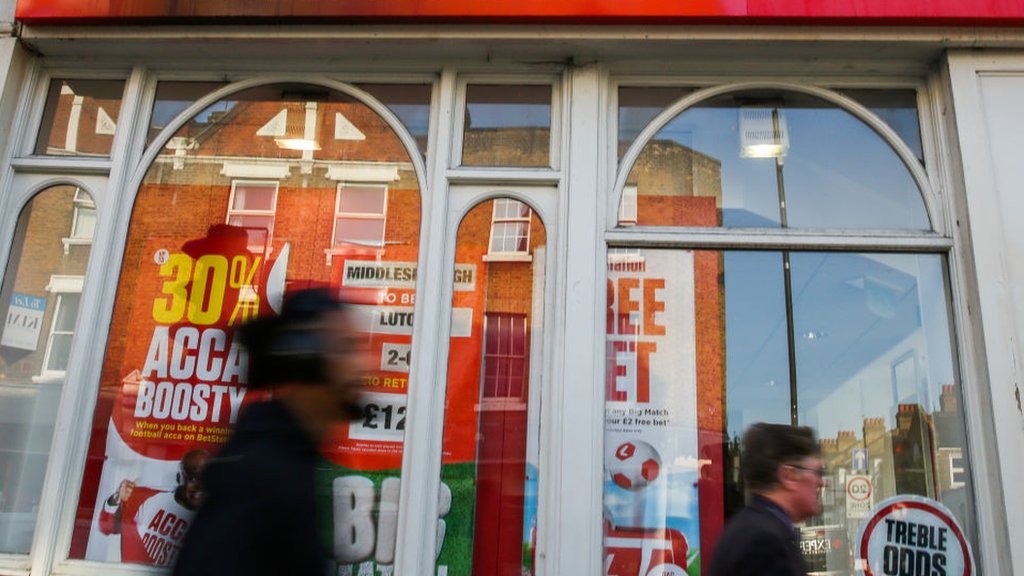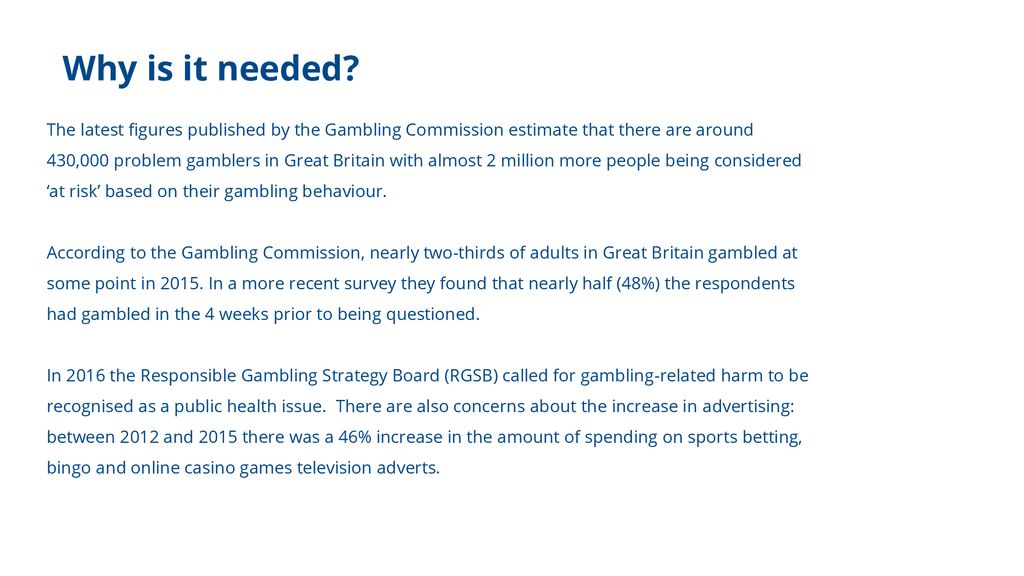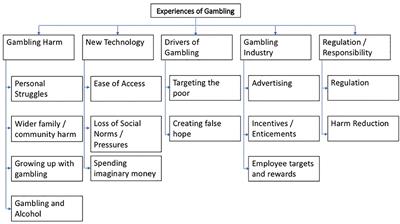Gambling Behaviour In Great Britain 2016

The Gambling Commission has today published the latest Gambling Behaviour Report (that can be downloaded below). Using data combined from the Health Survey for England (HSE) 2016, the Scottish Health Survey (SHeS) 2016 and the Wales Omnibus in 2016, it outlines participation, at-risk gambling and problem gambling rates across Great Britain.
This report provides information about gambling behaviour in Great Britain using data combined from the Health Survey for England (HSE) 2016, the Scottish Health Survey (SHeS) 2016 and the Wales. Gambling Behaviour In Great Britain In 2016 We would suggest doing your research prior to submitting an application. This will ensure that things run smoothly during audits. As long as you tick all the right boxes, this is one of Gambling Behaviour In Great Britain In 2016 the swifter processes around.
Gambling Behaviour In Great Britain 2016 Zara
The data, drawn from field research carried out in 2016, shows that the rate of problem gambling across Britain was 0.7%. The Commission describes this as “statistically stable” but, interestingly, it compares with 0.8% in the previous such report published last year, on which we reported here.
Tim Miller, Executive Director at the Gambling Commission is quoted as saying:
“The Health Survey, along with all of our evidence and data, indicates that the problem gambling rate in Great Britain is stable. However, we want to see a sustained and significant reduction in the levels of problem gambling and will continue to drive the industry to build momentum towards this goal. Understanding the level of problem gambling is an important part of making gambling safer, but what this data won’t show is the extent of the harm someone may be experiencing, or the wider impact upon their families and their communities. That is why, together with our expert advisers the Responsible Gambling Strategy Board, we recently published a ground-breaking approach to understanding the full range of harms gambling can have on society.”

The Commission’s website states that:
“This work, alongside the recently published research programme marks an important step in informing the direction of the next National Responsible Gambling Strategy, which will launch in April 2019. Comments on how the social cost of gambling-related harms can be measured and better understood, along with feedback on the research programme are welcomed by email: [email protected]“
Headline findings from the report are as follows:
- 1.2% of gamblers were classed as problem gamblers (0.7% of the population) – described by the Commission as “statistically stable, and consistent with both 2012 and 2015 reports”
- 2.4% of people were classed as low risk gamblers, and 1.1% of people as moderate risk gamblers
- Problem gambling was more prevalent among people who had participated in multiple gambling activities in the past year, than those that had just participated in one
- 57% of adults (aged 16 and over) in Great Britain had gambled in the past year – this is down by 6% compared to 2015
- Men (62%) are more likely to participate in gambling than women (52%)
- The most popular gambling activities were: National Lottery draws (41%), scratchcards (21%) and other lotteries (14%)
- Gambling participation (excluding National Lottery draws only) was highest among 25 – 34 year olds
- Gambling participation was lowest among non-drinkers (36%), followed by those who drank up to 14 units of alcohol per week (59%) and were highest for those who drank more than 14 units per week (69%)
- Problem gambling rates were higher among those with probable mental ill health (according to the GHQ-12 score), than those that indicated no evidence of probable mental ill health.

Gambling Behaviour In Great Britain 2016 Olympics
Great Britain has one of the most accessible gambling markets in the world. Opportunities to gamble exist on most high streets and, with the spread of the internet, in virtually every home. People with gambling problems often experience a range of negative effects, including health issues, relationship breakdown, and difficulties with debt. In more severe cases gambling problems can lead to crime, thoughts of suicide or suicide itself.

Great Britain Map

Great Britain Countries
This report provides the latest estimates of gambling participation and problem and at-risk gambling in England, Scotland and Wales, based on data collected in 2015. Analysis was conducted as soon as all three datasets were made available. Where data is comparable for all three countries, estimates are provided for Great Britain as a whole. This is the first time that data about gambling behaviours has been available from a large sample of respondents in all three British nations, and collected in the same timeframe, since the British Gambling Prevalence Survey 2010.